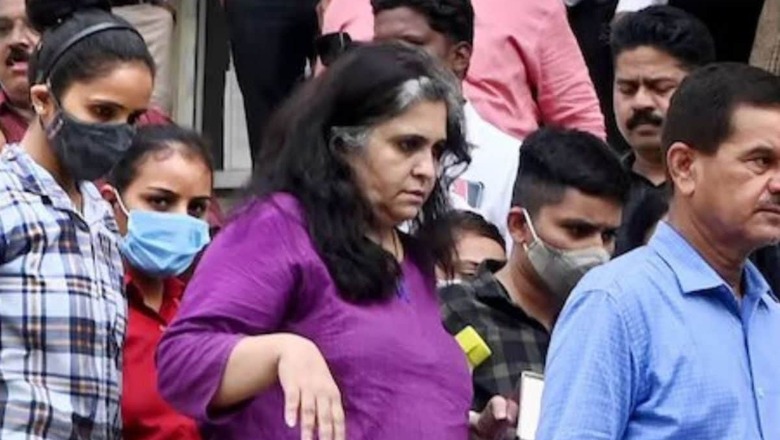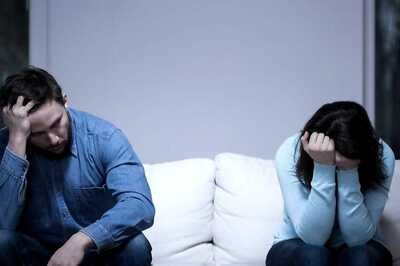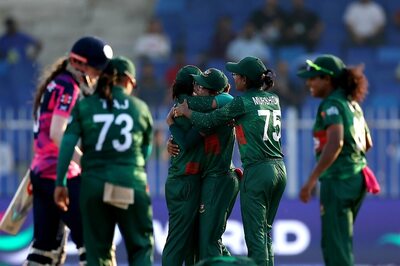
views
A sessions court in Ahmedabad will on Friday continue hearing the arguments on social activist Teesta Setalvad’s discharge application. The case pertains to the alleged fabrication of evidence to frame Prime Minister Narendra Modi and others in the 2002 riots conspiracy.
According to a report in Times of India, Setalvad’s advocate on Thursday submitted that the affidavits, which have been dubbed false by the prosecution, were signed by witnesses and tendered to various courts in the past.
Setalvad’s lawyer Somnath Vatsa argued that the affidavits in question could not be considered “fabricated evidence” because they were signed by witnesses, submitted to different courts in the past and the testimonies of witnesses were recorded by the courts based on these signed affidavits relating to post-Godhra riots cases, the report stated.
The argument came as a rebuttal to the Gujarat government’s opposition to the plea with the claim that Setalvad had abused the trust of the 2002 riots victims. The report stated that additional sessions judge AR Patel will continue hearing the arguments on Friday.
Earlier on Wednesday, the Supreme Court had extended interim protection from arrest till July 19 to the activist in a case linked to the 2002 post-Godhra riots.
During the late night hearing on July 1, a three-judge bench had questioned the denial of time to Setalvad to appeal against the high court’s order, saying even an ordinary criminal is entitled to some form of interim relief. “In ordinary circumstances, we would not have considered such a request. However, it is to be noted that after the FIR was registered against the petitioner on June 25, 2022 and the petitioner was arrested.
“This court considering the application for grant of interim bail had granted the same on certain conditions, vide order dated September 2, 2022. One of the factors that weighed with this court was that the petitioner was a woman and as such entitled to special protection under Section 437 CrPC,” the bench had noted in its order. “We find that, taking into consideration this fact, the single judge ought to have granted at least some protection so that the petitioner has sufficient time to challenge the order passed by the single judge before this court,” the top court had said.
















Comments
0 comment